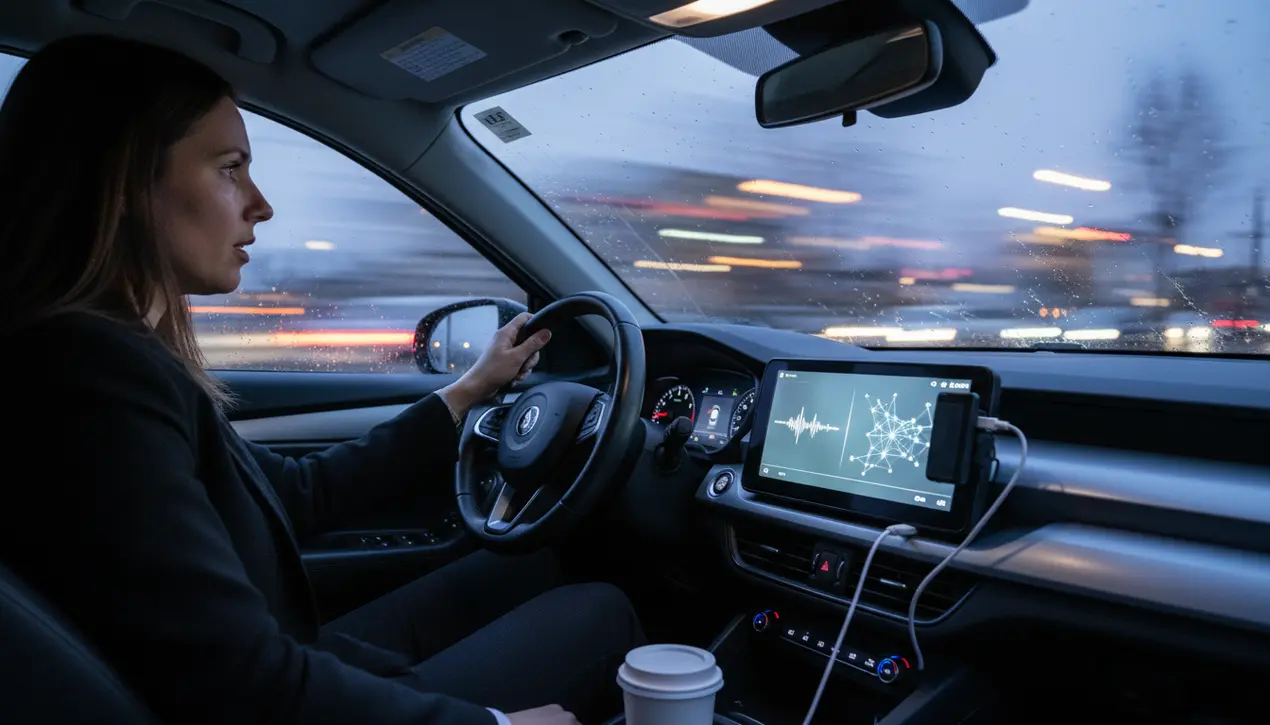
AInlp & speechConversational AI
Hey Google, did you upgrade your AI in my Android Auto?
DA
Daniel Reed
2 days ago7 min read1 comments
The subtle but significant upgrade to Google's conversational AI within Android Auto represents more than mere convenience; it marks a critical inflection point in the human-machine interface within one of our most personal and demanding environments: the automobile. For years, in-car AI has been a study in frustration—clunky, literal, and utterly incapable of handling the nuanced, multi-step requests that define natural human conversation.You couldn't ask it to 'find a gas station near the Italian restaurant we're going to later' without it short-circuiting into a series of disjointed queries. This was the legacy of older, state-machine-based dialog systems that operated on rigid, pre-defined pathways.The impending improvement, almost certainly powered by a more advanced iteration of Google's Gemini or LaMDA large language models, signals a shift from transactional command-response protocols to a truly contextual and persistent dialogue. Imagine a co-pilot that remembers the context of your entire journey.You could ask, 'Remind me why I'm taking this exit again?' and the AI, recalling the earlier conversation where you mentioned a client meeting at a specific address, would seamlessly provide the rationale. This requires a sophisticated architecture capable of maintaining a long-term memory of the interaction, a capability that foundational models are uniquely suited for.The technical hurdles are immense. It's not just about processing power, but about designing a system that operates with near-perfect reliability in a high-stakes environment where a misinterpreted command could have serious consequences.The AI must be robust against road noise, fluctuating connectivity, and the inherent distraction of the driver. Furthermore, this evolution raises profound questions about data privacy and autonomy.Your car is about to become a rolling sensor suite intimately familiar with your daily routines, your frequent destinations, your personal contacts, and even your conversational cadence. While Google assures encrypted and anonymized data handling, the specter of this rich behavioral dataset being used for targeted advertising or, worse, subpoenaed in legal proceedings, cannot be ignored.From an industry perspective, this move is a direct salvo against competitors like Apple's Siri and Amazon's Alexa, both of which are also racing to integrate more powerful LLMs into their automotive ecosystems. The battle for the dashboard is the next frontier in the platform wars, and the company that delivers the most intuitive, reliable, and context-aware assistant will lock in user loyalty for the next decade. This isn't just an upgrade; it's the foundation for the fully autonomous vehicle of the future, where the AI isn't just a helper for navigation and media, but an integral component of the vehicle's operational consciousness, capable of explaining its own driving decisions and engaging in complex problem-solving with the occupant.
#featured
#Google
#Android Auto
#AI upgrade
#voice assistants
#conversational AI
#automotive technology
Stay Informed. Act Smarter.
Get weekly highlights, major headlines, and expert insights — then put your knowledge to work in our live prediction markets.
Comments
Loading comments...
© 2025 Outpoll Service LTD. All rights reserved.